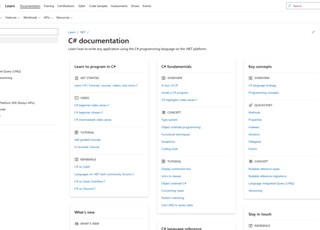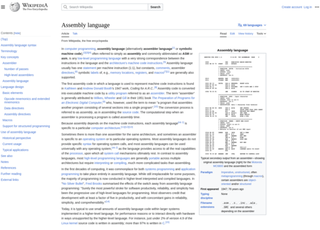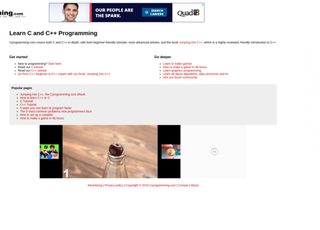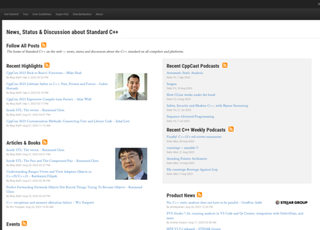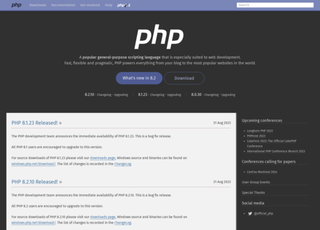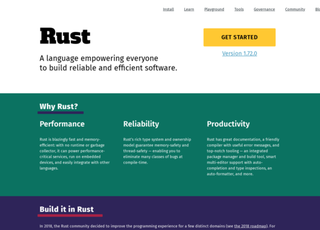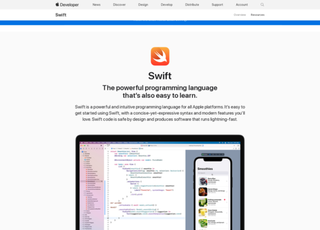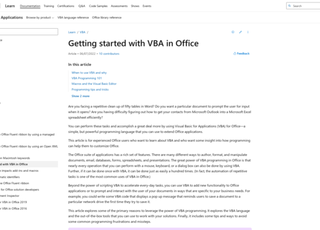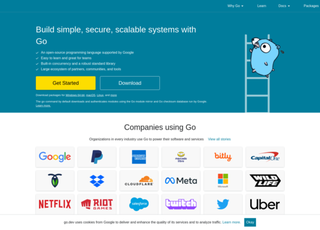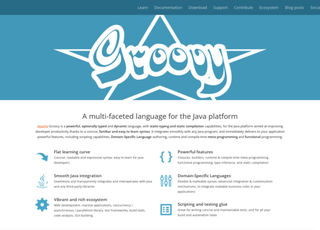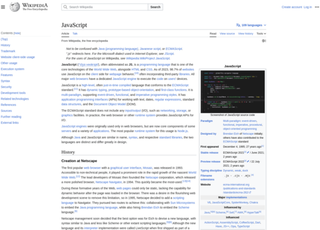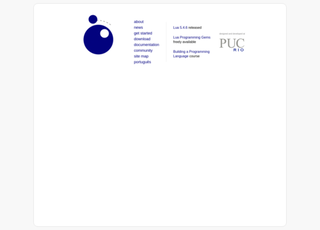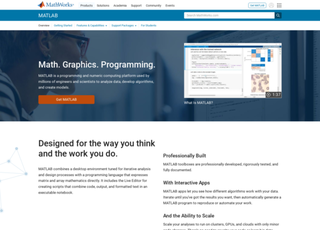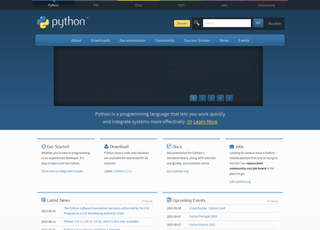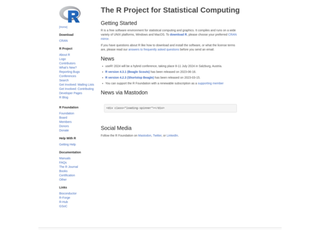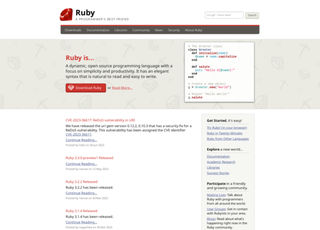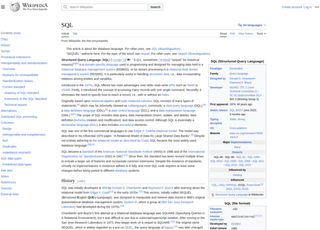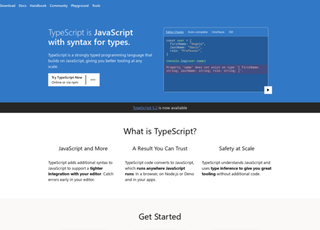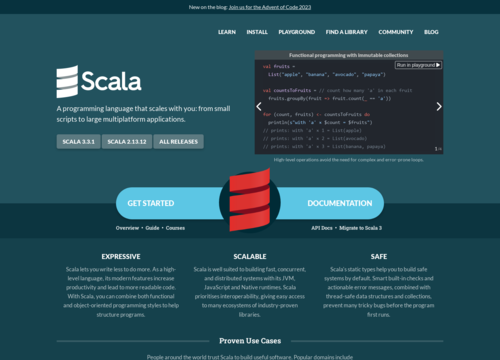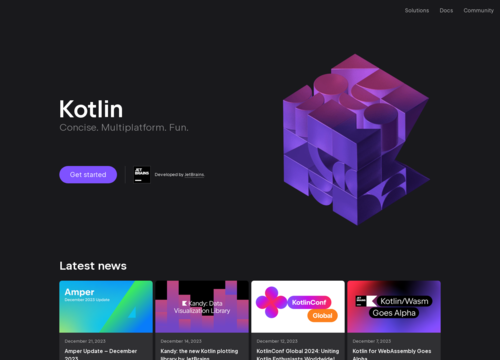Elixir
https://elixir-lang.org/Elixir
Elixir is a functional, concurrent, general-purpose programming language that runs on the Erlang VM (Virtual Machine). It was designed for building scalable and maintainable applications. Below are some of its key features and aspects:
Functional Programming
Elixir is a functional programming language, which emphasizes the application of functions, immutability, and expressiveness.
Concurrency and Fault Tolerance
Concurrency
Elixir is known for its concurrency model which allows for running thousands of lightweight processes simultaneously.
Fault Tolerance
It inherits Erlang’s strong support for fault tolerance with the concept of supervisors, which are used to build a hierarchy of processes. If a process fails, its supervisor can restart it, ensuring system resilience.
Scalability
Elixir's concurrency model and the Erlang VM make it highly scalable, allowing developers to build applications that can handle a large number of simultaneous users and tasks.
Erlang VM
Elixir runs on the Erlang VM, giving it access to the mature ecosystem and powerful primitives of Erlang. This is a big advantage as it provides high availability and low-latency, which is crucial for telecom and other real-time systems.
Metaprogramming
Elixir supports metaprogramming, which allows developers to write code that writes or modifies code. This feature can be used to extend the language, though it's advised to use it with caution to maintain code clarity.
Tooling
Mix
A build tool that provides tasks for creating, compiling, and testing Elixir projects, managing its dependencies, and more.
Hex
The package manager which is suitable for publishing and sharing packages with other developers.
ExUnit
A unit testing framework that comes built-in with Elixir.
Phoenix Framework
Phoenix is a popular web framework for Elixir that leverages the language's features to build highly concurrent and real-time applications.
Community and Ecosystem
Elixir has an active and growing community. There are numerous libraries available for various domains including web development, networking, and data processing among others.
Learning Resources
There are many resources available for learning Elixir including books, online tutorials, and official documentation.
Real-World Usage
Elixir has been used in various industries including telecommunications, finance, gaming, and web development. Some notable companies using Elixir include Pinterest, Discord, and Bleacher Report.
Interoperability
Elixir can interoperate with Erlang libraries seamlessly, which significantly expands its capabilities and the richness of its ecosystem.
Performance
While not as fast as languages like C or Rust, Elixir's performance is more than adequate for many use cases, especially when concurrency, fault tolerance, and distributed computing are required.
Language Syntax and Paradigms
Syntax
Elixir has a clean, minimal syntax that is designed to be easy to read and write. It's often appreciated for its code readability and the elegance of its expressions.
Paradigms
Besides functional programming, Elixir embraces concurrent and distributed computing paradigms which are reflected in its process model and communication patterns.
Protocols and Polymorphism
Elixir provides a mechanism for polymorphism through protocols. Protocols are a way to achieve polymorphism on user-defined data types, allowing different data types to implement the same interface.
Compilation and Runtime
Compilation
Elixir is a compiled language, which means the code is translated into bytecode that runs on the Erlang VM.
Runtime
The Erlang VM provides a powerful runtime with features like hot code swapping, which allows you to change code on the fly without stopping the system.
Distributed Computing
The ability to run and manage distributed systems is one of the key strengths of Elixir. The language has built-in support for distribution, allowing processes to communicate with each other across different nodes in a network.
Documentation
Doc
Elixir takes documentation seriously, with first-class support for documenting your programs directly in the code via a feature known as DocTests.
Official Documentation
The official documentation is comprehensive and provides a good amount of detail on the language features, standard library, and other aspects of Elixir programming.
Code Testing and Debugging
Testing
With ExUnit, testing is integrated into the language, encouraging developers to adopt a test-driven development approach.
Debugging
Elixir provides good support for debugging with tools that can help developers track down issues and understand how their code is executing.
Libraries and Frameworks
Apart from Phoenix, there are other libraries and frameworks available in Elixir for various domains like Nerves for embedded software, Ecto for database interaction, and Scenic for building client applications.
Language Evolution
Elixir is actively maintained and developed, with regular releases that bring in new features, optimizations, and improvements. The language has been growing steadily in popularity and adoption since its creation.
Elixir is a powerful and flexible language that offers a robust set of features for building concurrent, distributed, and fault-tolerant applications. Its growing ecosystem, active community, and the backing of the mature Erlang VM make it a compelling choice for many development projects.





















